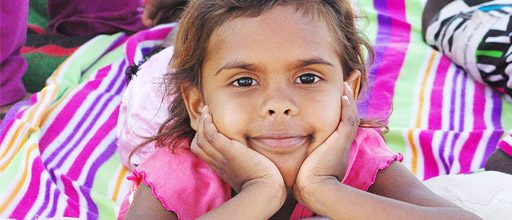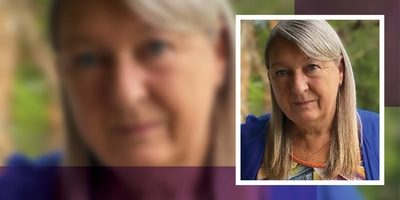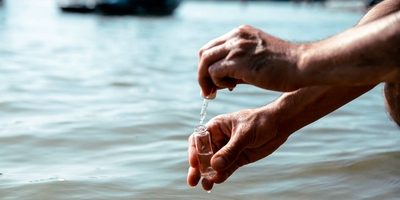
Work on improving Aboriginal and Torres Strait Islander health - Close the Gap Day 2014
The George Institute for Global Health has a strong history in Aboriginal and Torres Strait Islander Health.
Our commitment is articulated in our mission, which describes a focus on vulnerable populations in rich and poor countries, and is a major reason many staff work here. In addressing this as part of our global work, the George Institute has made the health of the Aboriginal and Torres Strait Islander community a priority.
In Australia, the gap in life-expectancy for Aboriginal people remains completely unacceptable, and is our most urgent health issue. In recognising Close the Gap day today, we reaffirm our commitment to correcting this anomaly.
We have achieved a lot in the area- 22 projects specifically in Aboriginal and Torres Strait Islander research, but many more that are directly or indirectly relevant. Some key examples:
- The Kanyini Vascular Collaboration, which is already making a difference in Aboriginal and Torres Strait Islander communities today.
- Our partnership studying Foetal Alcohol Spectrum Disorder, which is guiding policy decisions at the highest levels of government.
- Driving Change, a unique programme aimed at helping Aboriginal and Torres Strait Islander people gain driver licences, is developing new paradigms that broaden our understanding of drivers of health and illness.
Over the last year or two we have developed a specific strategy that has resulted in our first ever Ambassador for Aboriginal and Torres Strait Islander Health, led to the employment of a Communications and Engagement Officer, and the development of a Cultural Awareness Package for all staff, launched this week at an event to mark Close the Gap week.
Capacity development is a priority across the organisation, but especially in Aboriginal Health. We want to help mentor leading Aboriginal researchers who can contribute to the health of their communities, and also to the broader Australian and Global population.
We have employed numerous part-time and emerging researchers around the country, directly supported three PhD students through scholarships and placements- with our first PhD student due to submit his thesis next week -, partnered with Aboriginal Medical Services and leading health organisations and worked with over a dozen Aboriginal and Torres Strait Islander communities.
There is, however, much more to do.
In recognising Close the Gap day, I urge all those associated with The George Institute for Global Health to think about what you can do to help improve outcomes for Aboriginal and Torres Strait Islander people, either directly, through collaborating with Aboriginal communities and researchers to address issues important in the lives of Aboriginal and Torres Strait Islander people or indirectly, by supporting our staff conducting such projects, particularly those from an Aboriginal background.
Improving Aboriginal and Torres Strait Islander health is a key priority for the Institute. Working together, we can make a difference.




